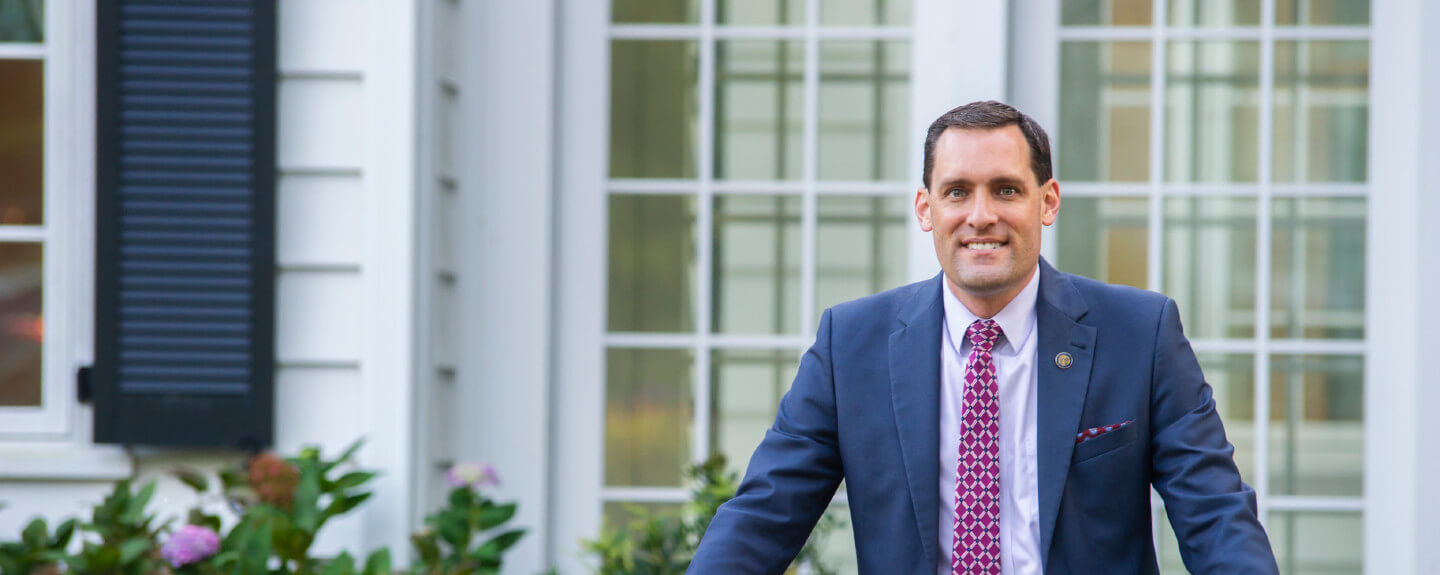State Budget Update: An Impasse when Consensus is Within Reach
The General Assembly should be wrapping up its session for the year. Instead, we are at an impasse with no end in sight.
Governor Roy Cooper has vetoed the Republican legislators’ budget, and as of this writing Democrats have enough votes to sustain the veto. No one is quite sure what will happen next. Moving forward will require us to work together across party lines in a way that has not happened this year, nor even this decade.
As they have since they took power in 2011, Republicans drafted this year’s budget without any significant input from Democrats, including ignoring the proposed budget that Governor Cooper put forth earlier this year. I voted against the GOP budget largely for the same reasons that Governor Cooper vetoed it. The budget includes another major corporate tax cut without adequately funding schools or infrastructure. The highlight of the budget is a purported five percent raise for state employees, but fewer than 30 percent of all state employees are actually eligible for that level of raise. Most importantly, the budget does nothing for Democrats’ number one priority: expanding health care access, improving health care affordability, and creating tens of thousands of jobs through a no-cost Medicaid expansion.
So now our state is in limbo, with a continuation budget keeping the government operating at the 2018 levels. We don’t have a shutdown like the federal government does, although all non-recurring grant funding stops until the new budget is enacted. Nor do proposed teacher or state employee raises go into effect.
None of this is a surprise. Everyone saw it coming. It’s disappointing that the Republican leadership chose to force this stalemate rather than starting earnest negotiations months ago. What’s even more agonizing is that negotiations shouldn’t even be required, as there is actually broad consensus about many of the major issues at the core of the dispute.
A majority of members of the House agree that we need to expand Medicaid, even if we have some differences about exactly how it should be done. The House passed a $1.9 billion school construction bond package, but the Senate failed to take it up. Instead, the budget includes an inadequate pay-as-you-go approach to fixing our schools which takes funding away from students and teachers and puts it into buildings, robbing Peter to pay Paul. House Republicans passed larger teacher raises than what ended up in the final budget, and many Democrats would gladly support this proposal.
You should have gotten the sense that the real challenge here isn’t pure partisanship, it’s the Senate leadership. House Democrats and Republicans agree on these things, and Senate Democrats likely do as well. But the Senate Republican leadership used its considerable power to dominate budget negotiations with the House Republicans while dismissing the Governor’s proposals, and now we’re all stuck.
We all know that the public wants us to work together. Even though we’ve passed well over a hundred bills this year with unanimous or bipartisan support, when it comes to the biggest bill of the year there is a small group of powerful people defying the will of the people and simply failing to do their jobs. We are all elected to do the people’s work and we’re not.
In a speech last week, I asked the House to do things differently. I asked my colleagues to set aside our differences and find consensus where we can on these issues. Then we can use our bipartisan consensus against the resistant Senate, reminding them to do their legislative duty. If we find agreement there, I am convinced that we can also find agreement with the Governor.
My guess is that there will be some serious efforts to try a new path over the next two weeks. If no way forward is found in the short-term, I am pessimistic about the ability for a longer-term solution. The current stalemate could extend indefinitely. That would reinforce the public’s negative attitude about partisan politics while leaving the state without many supports that could come from a new budget.
I’m sure this situation will develop day-by-day. Stay tuned as this story develops.
Graig Meyer is the State Representative for House District 50. He can be contacted at graig.meyer@ncleg.net.
This article was previously published in The News of Orange and the Caswell Messenger.

